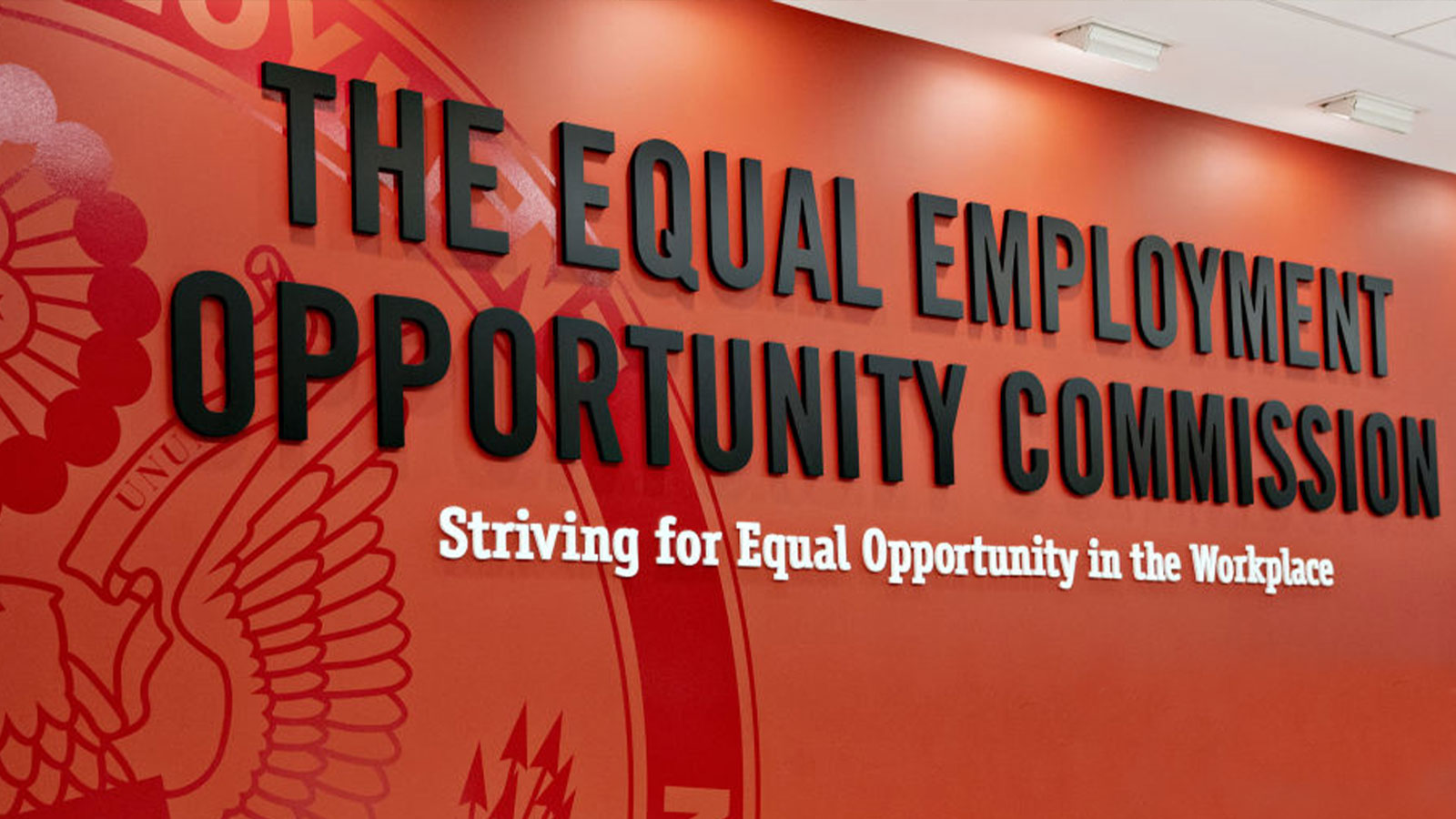Current News on the Equal Employment Opportunity Commission (EEOC)
The Equal Employment Opportunity Commission (EEOC) has been in the spotlight recently due to significant changes in its leadership and policies, particularly under the administration of President Donald Trump. This article provides an overview of the latest developments, including personnel changes, policy shifts, and the implications for workplace equality and civil rights.
Recent Developments
1. Leadership Changes
On January 21, 2025, President Trump appointed Andrea R. Lucas as the Acting Chair of the EEOC. This appointment came amid a broader shake-up within the agency, which included the dismissal of two Democratic commissioners, including Jocelyn Samuels. This late-night purge has raised concerns about the future direction of the EEOC and its commitment to protecting civil rights in the workplace.
- Source: EEOC Acting Chair Announcement
2. Policy Shifts
The EEOC has announced plans to remove gender identity policies that were previously established under Executive Order 14168. This decision has sparked controversy, particularly among advocates for LGBTQ+ rights, who fear that it could lead to a rollback of protections for transgender individuals in the workplace.
3. Impact on LGBTQ+ Protections
The EEOC's recent actions have raised alarms regarding the enforcement of Title VII protections, which prohibit employment discrimination based on sex, including sexual orientation and gender identity. Critics argue that halting the processing of LGBTQ+ discrimination claims could effectively erase protections for transgender individuals.

4. Strategic Enforcement Plan 2024-2028
In September 2023, the EEOC released its Strategic Enforcement Plan for 2024-2028, which aims to address barriers to equal employment opportunities and promote diversity in the workplace. The plan emphasizes the need for employers to eliminate discriminatory practices and ensure compliance with federal laws.
- Source: EEOC Strategic Enforcement Plan
Legal and Political Implications
The recent changes at the EEOC have significant legal and political implications. The firings of Democratic commissioners and the appointment of new leadership signal a shift in the agency's priorities, potentially leading to a more employer-friendly environment. This could result in fewer protections for employees facing discrimination, particularly in light of the EEOC's decision to halt LGBTQ+ claims processing.
1. Legal Challenges
The dismissals of the commissioners have already prompted discussions about potential legal challenges. Critics argue that these actions violate the independence of the EEOC as an agency designed to protect civil rights. The former commissioners have expressed concerns that the changes represent a fundamental misunderstanding of the agency's role.
- Source: Trump Fires EEOC Commissioners
2. Employer Reactions
Employers are closely monitoring the situation, as the EEOC's new direction could impact workplace policies and practices. The agency's emphasis on compliance and enforcement may lead to increased scrutiny of employer practices, particularly regarding discrimination and harassment.

The EEOC is undergoing a significant transformation under the current administration, with leadership changes and policy shifts that could reshape the landscape of workplace equality and civil rights. As the agency moves forward, the implications of these changes will be closely watched by advocates, employers, and employees alike. The ongoing developments highlight the importance of vigilance in protecting civil rights and ensuring that all individuals have equal access to opportunities in the workplace.
For more information and updates on the EEOC, you can visit their official newsroom or follow the latest news articles covering these developments.





